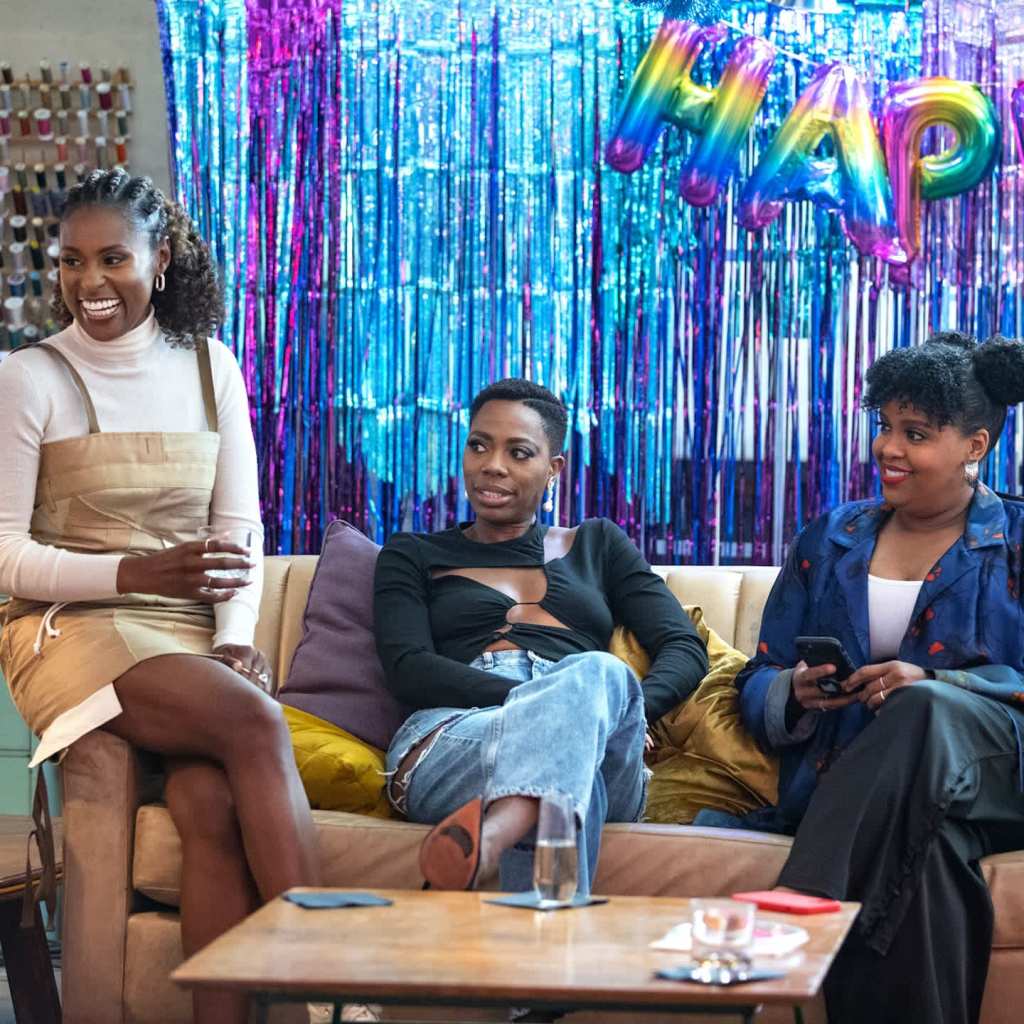The final season of “Insecure” was among the honorees when the 2022 Emmy Award nominations were announced on July 12. The show, which wrapped up in December 2021, got nominations for outstanding actress in a comedy series for Issa Rae, plus outstanding single-camera picture editing for a comedy series and outstanding cinematography for a single-camera series (half-hour). But the news was still disappointing to fans, since the show missed out on a nomination for outstanding drama series, and no one else from the cast received a nod.
“Insecure” had been nominated 11 times before, including two nods for Issa Rae as lead actress and one for Yvonne Orji as supporting actress. Twenty-twenty was the first year the show was nominated for outstanding comedy series for season four. The show has only won once before, for editing that year. It’s disappointing, though not surprising, that the Emmys – which have been previously criticized for ignoring diverse actors and creators – failed to acknowledge and honour this ground-breaking, hilarious comedy series about Black women and their experiences.
Back in October, Orji opened up to POPSUGAR about the last day on set for the show, which ran five seasons. She said, “[It] was very emotional. Tears were shed. For me, it was realizing [that] this is it, this is really it.”
Orji explained, “We knew the end was coming, but we got to the end and it was like, ‘Wow, it’s not the same anymore. We have to let each other go to do other things.’ Love is still there, and friendship is still there, but it’s not the same. We had a shared experience [where] we all got to be the ‘first’ in so many different ways and now that has helped us to grow into the people that we are now.”
“Nothing will ever be the same, but we won’t get these moments again because it already happened for the first time with each other, so now we have to let each other go to go do other dope things,” Orji said. “So it was wonderful.”
The 74th annual primetime Emmy Awards will air on NBC on Sept. 12.
Related: “Insecure” May Be Over, but What It Did For Dark-Skinned Black Women Remains

